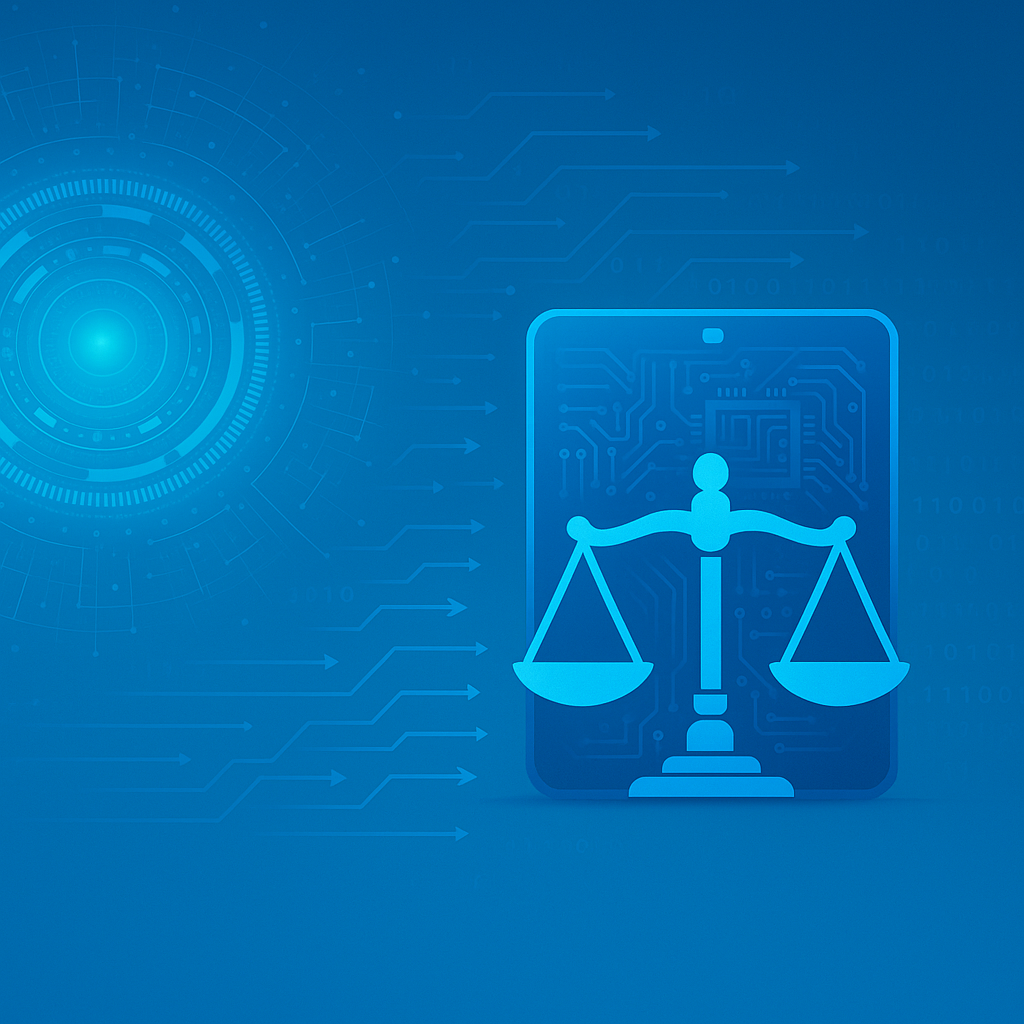Why Cost Should Not Be the Sole Factor When Selecting Litigation Counsel: The Critical Importance of Specialized Expertise in Software Development and Intellectual Property Disputes
Jul 04, 2025

I. Introduction: The High-Stakes Landscape of Complex Litigation
First, software and IP suits are stress tests.
Therefore, the counsel choice is strategic.
Moreover, that choice shapes risk and cash.
However, many still hire by price alone.
Consequently, early “savings” often vanish.
II. The Illusion of Savings: How Cheap Counsel Becomes Costly
Initially, low rates look smart.
Yet, inexperience multiplies rework.
Consequently, delays and fees pile up.
A. Hidden Costs and Inefficiencies
First, novice teams take longer.
Therefore, hours rise while quality lags.
Additionally, weak legal tech slows work.
For example, a generalist missed steps.
Thus, fixes and slips drained budget.
B. Heightened Risk of Adverse Outcomes
Indeed, expertise moves outcomes in IP.
Therefore, poor counsel risks injunctions.
Moreover, fees and damages can balloon.
Consequently, “cheap” becomes very expensive.
III. Strategic Missteps: Why You Need a Tailored Plan
In practice, a “win” is rarely simple.
Accordingly, align moves to strategy.
A. Understanding Business Objectives
Clearly, goals differ by firm and phase.
However, bargain shops chase short wins.
By contrast, partners map value first.
B. Building a Comprehensive Strategy
First, front-load case assessment.
Next, pick the strongest theories.
Then, model likely counters early.
Finally, budget and plan exits.
IV. Technical Terrain: Evidence in Software and IP
Critically, technical fluency is decisive.
Therefore, law and code must meet.
A. Finding and Analyzing Tech Evidence
Typically, evidence spans code, logs, and terms.
Accordingly, read diffs and licenses.
Moreover, use experts to size risk.
B. Presenting Evidence with Impact
Notably, selection shapes the court’s view.
Thus, curate timelines and demos.
Additionally, guard chain of custody.
V. Communicating Complexity: Help the Court Understand
Admittedly, judges are not coders.
Therefore, translate with plain words.
Moreover, use visuals and analogies.
Otherwise, confusion kills strong cases.
VI. Ripple Effects: Costs Beyond Fees
Meanwhile, poor counsel drains leaders’ time.
Consequently, delivery and focus slip.
Additionally, missed deals extend cycles.
VII. Intangibles: Brand and Trust at Stake
Ultimately, outcomes echo through trust and sales.
Therefore, mishandled IP chills partners.
Moreover, losses raise capital costs.
VIII. Invest in Value, Not Just Price
Certainly, price matters. Still, value rules.
Thus, seek track record and fit.
Additionally, demand clear, fair fees.
IX. Decision Criteria
🔵 Top Priority
Specialization & Experience
- Standard: Proven software/IP wins.
- Why: Accordingly, expertise shifts outcomes.
Evidence & Technical Skill
- Standard: Reads code. Explains it.
- Why: Thus, evidence lands cleanly.
🟢 High Priority
Strategic Planning
- Standard: Ties moves to value.
- Why: Therefore, effort compounds.
Negotiation & Settlement
- Standard: Times and structures deals.
- Why: Consequently, cycles shrink.
- Check: For instance, ask for case examples.
🟡 Medium Priority
Communication
- Standard: Clear, timely updates.
- Why: Hence, decisions improve.
- Check: Likewise, test in meeting one.
Fee Transparency
- Standard: Predictable, fair terms.
- Why: Accordingly, risk is managed.
- Check: Additionally, explore caps or success fees.
🔴 Low Priority
Firm Brand
- Standard: Balance scale and focus.
- Why: Nevertheless, results win.
✅ Additional Points
- Corporate Strategy: Likewise, do they get the moat?
- Responsiveness: Moreover, can they move fast?
- Ethics: Notably, integrity preserves credibility.
- Technology: Additionally, tools lift leverage.
💡 Conclusion
Ultimately, prioritize expertise and depth.
Then, enforce strategy and deal skill.
Finally, seek clarity—never price alone.
You are welcome to contact us via the Contact Form to discuss and for more information.
